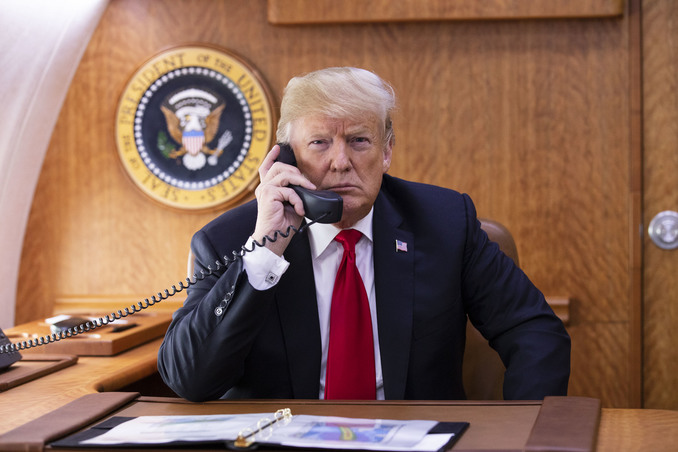Already a subscriber? Make sure to log into your account before viewing this content. You can access your account by hitting the “login” button on the top right corner. Still unable to see the content after signing in? Make sure your card on file is up-to-date.
The United States has officially reached a preliminary trade deal with Indonesia.
Some shit you should know before you read: If you’re unaware, last week, President Trump sent a letter to Indonesian President Prabowo Subianto warning that the US would impose a 32% tariff on all Indonesian exports unless a new trade agreement was reached. In 2024, the US imported approximately $28 billion in goods from Indonesia while exporting around $10 billion in goods to the country, such as agricultural products and energy (according to the Office of the United States Trade Representative).

Getting into it: In a notable development, President Trump confirmed that the US had reached a preliminary trade agreement with Indonesia. The core terms of the deal include a 19% tariff on Indonesian exports to the US—lower than the 32% rate he had threatened just a week earlier—and zero tariffs on US exports to Indonesia, which Trump stressed as a major win for American access to Southeast Asia’s largest economy. Trump said that the agreement would grant US businesses “full access to Indonesia,” claiming that level of market openness had never been achieved before.
According to Trump, the deal also involves a series of significant Indonesian purchases from the US. He stated that Indonesia had committed to buying $15 billion worth of American energy, $4.5 billion in US agricultural products, and 50 Boeing jets, many of them 777 models. These aircraft purchases appear to align with earlier reports that Indonesian airline Garuda was in discussions to acquire 50–75 Boeing planes.
If US imports stay the same, the US will generate roughly $5.3 billion from tariffs on Indonesian products.
Speaking to reporters outside the White House, Trump praised Indonesian President Prabowo Subianto, calling him “very popular, very strong, smart,” and claimed the deal was the result of direct negotiations between the two leaders. He repeatedly stressed the importance of access to Indonesia’s market and its critical mineral resources, including copper and other valuable materials, though no specific commitments on mineral trade were disclosed in his remarks.







